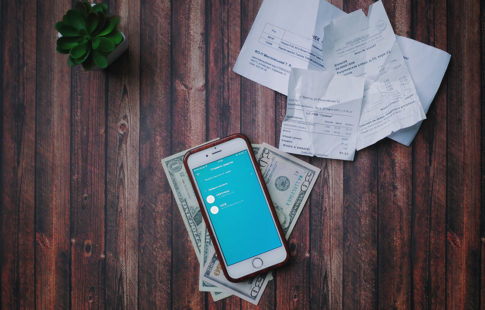Estimated reading time: 3 minutes
If you’re planning on applying for a new home loan, having the required mortgage documents ready to go can help speed up the process. The list of documents you’ll need will vary depending on your unique financial situation. As a result, it’s wise to ask your lender for a list of required mortgage documents ahead of time. With all this in mind, here’s a look at the top documents to buy a house or apply for a Verified Approval with followed by a handy checklist with more included.
Identification
First up, ID. No surprises here—lenders will need to confirm your identity. IDs such as a driver’s license help prevent identity theft and mortgage fraud.
Purchase contract
If you already have a contract on a home (aka a purchase agreement), you’ll need a signed copy for your lender. Beyond the amount you need for the loan, this will provide key details, including:
- Buyer and seller information
- The property’s legal description
- Your closing date
Proof of income (W-2s, pay stubs, etc.)
Likewise, lenders will need to confirm your income. This may include financial documents such as pay stubs, W-2s or 1099s, income tax returns, proof of alimony, child support documents, etc. This will verify your reported income and show you have reliable income or funds to afford the loan.
Financial statements
Lenders consider other assets you may have such as bank statements, retirement accounts, mutual funds, stocks, bonds, or life insurance policies. These required mortgage documents will help lenders see that you have a safety net in case of a financial emergency. On that note, they will likely want to see enough money for a few months of mortgage payments.
Credit report
Also making the list: your credit report. With your verbal or written permission, your lender will pull your credit to see your statement of outstanding debts. This will also help them calculate your debt-to-income (DTI) ratio to take into account. Be aware that if your credit history is thin, lenders may ask for additional credit information.
Letter of explanation
If negative items appear on your report, like missed payments, you may need to explain why in a letter (see below). If it’s needed, keep in mind that the letter should include information such as:
- The date of the event
- The creditor’s name
- A description of the event
- An explanation of why it happened
Insurance
Lenders require proof of valid homeowner’s insurance before you can close on a home loan. This helps protect your home’s value and the lender’s investment in your property.
Additional documentation
If you are buying your first home, lenders may ask for your rental history for proof that you can pay on time. Other documents to buy a house may include the following:
- Divorce decrees (this may be needed to provide proof of things like alimony that impact your monthly income)
- Bankruptcy records
- Foreclosure records
Required mortgage documents checklist
To sum up, here’s a checklist of commonly required mortgage documents:
- Purchase contract signed by all parties
- Identification for each borrower (Photo ID)
- Authorization to pull credit report
- 1-2 years of tax returns (personal, business, and/or income)
- 2 years of W-2 forms
- The most recent 30 days’ worth of pay stubs
- Most recent 2 months of statements for all accounts listed on application (bank accounts, investment accounts, retirement accounts, credit cards, student loans)
- A declaration of any legal circumstances that may affect your financial situation (divorce, alimony, child support)
- Letter of explanation for any large deposits (gift letters, sale of asset)
- Rental history
Applying for a mortgage or a refinance may seem overwhelming, but don’t worry! If you have more questions contact us. Or if you’re ready to get started on a new home loan, apply online. Wherever you are on your homeownership journey, we’ll be here to help.







